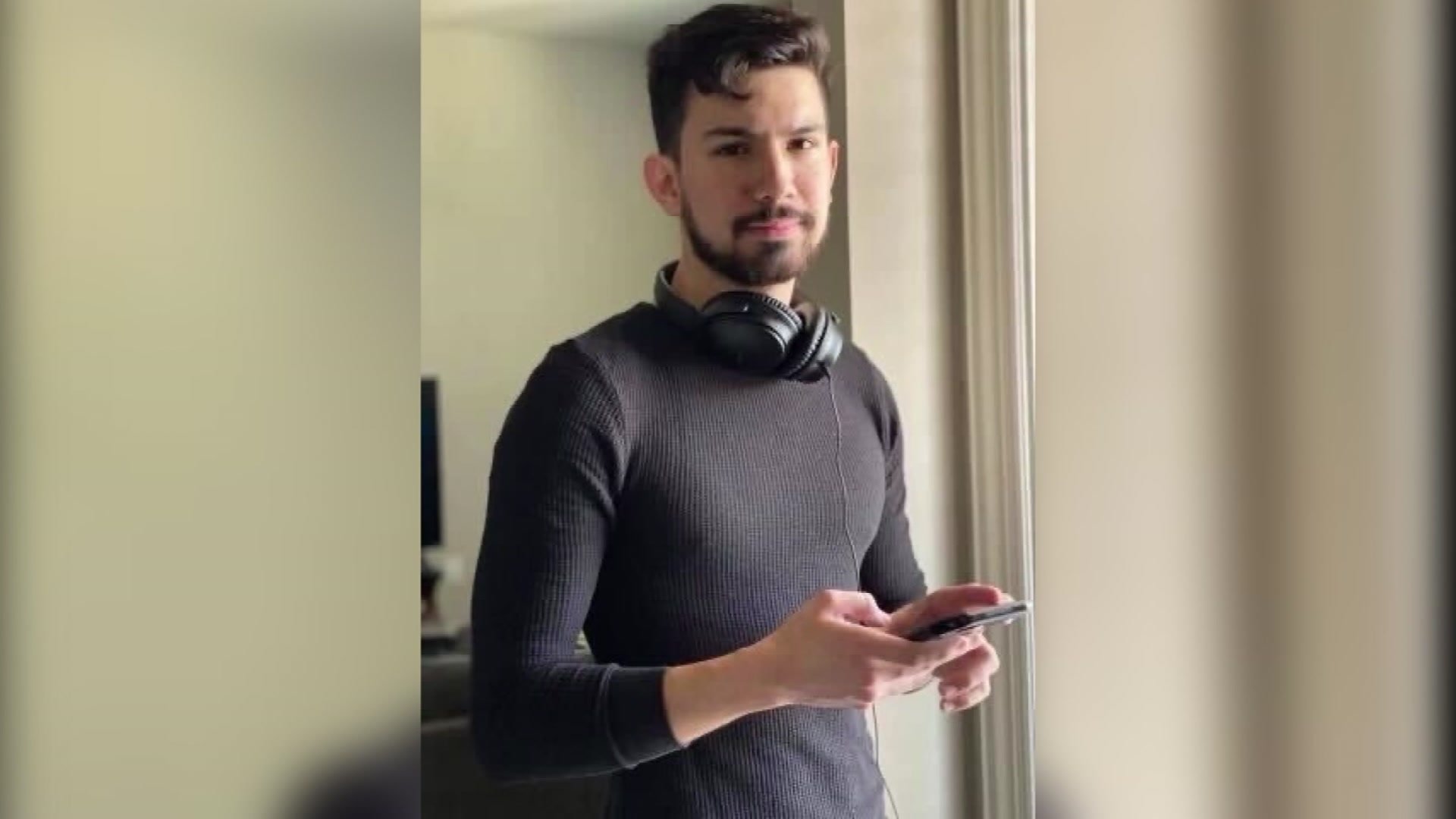Where some see a roadblock, Dr. Muthu Wijesundara and his team at the UT-Arlington Research Institute see an opportunity to find a solution.
"This is one of the things that is very close to my heart," said Wijesundara, who leads the biomedical technology division at UTARI.
For several years now, they've been developing technology to help stroke patients regain movement in their hands and to prevent wheelchair users from developing painful and life-altering ulcers — two problems modern medicine hasn't fully solved.
"Our main goal is to change the human condition — help the human condition," Wijesundara said.
That led them to the create a smart cushion for wheelchairs that can measure how much pressure is being applied by the person sitting on it. The cushion then automatically adjusts itself to reduce that pressure, which in turn, lowers the risk for ulcers.
"We want to look at preventable care as well as rehabilitation care," Wijesundara said. "That is where we can contribute."
The team also invented a robotic glove that can automatically move a person's hand and individual fingers and even copy the movements another hand shows it.
Local
The latest news from around North Texas.
Health professionals say repetitive motions are key to helping stroke patients regain the use of a hand, because they essentially re-teach the brain how a hand is supposed to function.
With the glove, patients can practice those motions, even if they're not with a therapist.
"That affects your day-to-day living or independent living if you don't have a hand," Wijesundara said. "You can practice your own therapy at home without the restrictions of going to a facility."
They've started testing both devices on real people and say, so far, the results have been promising.
"When we see whatever we are making in the lab directly translate into a clinical space or usage by somebody, that feels good," Wijesundara said. "We want to see somebody use it for the betterment of their conditions."
They're optimistic it won't be long — perhaps 2-3 years — before their technology leaves the lab and lives in the real world, changing lives.
The team has already received multiple honors for their work. They were recently named finalists for the Tech Titan Awards, which recognize Texas innovators whose technology is shaping the future.



